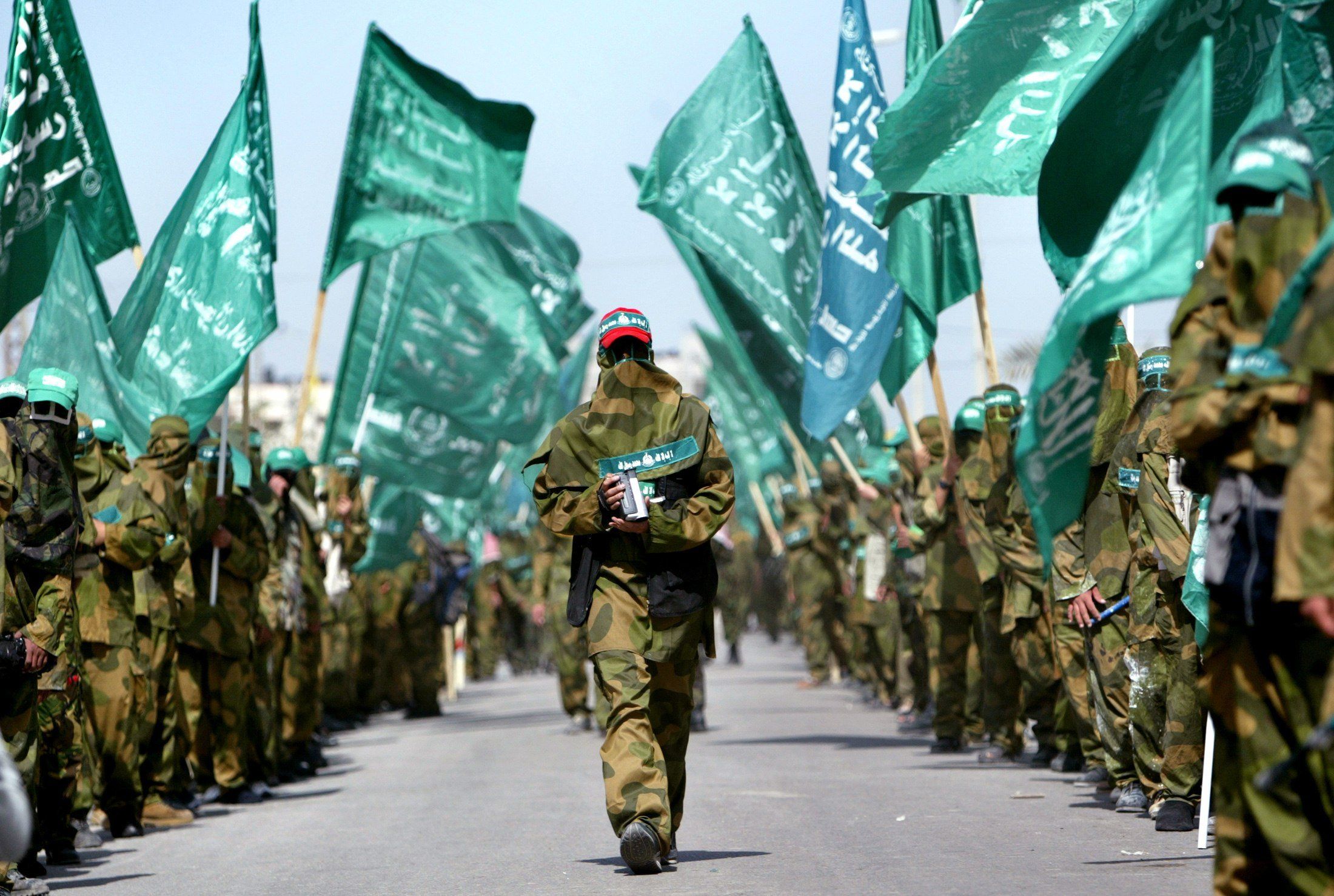Hamas’ attacks on Israel last weekend have focused global attention on the Gaza-based militant group. Here’s what you need to know:
Hamas is a Sunni jihadist organization that has governed the Gaza Strip for the past 15 years. It is committed to realizing an Islamic state in historic Palestine through the destruction of Israel and the killing of Jews. Hamas is believed to have some 30,000 armed men.
Since the 1990s, the group has carried out hundreds of attacks on Israeli troops and civilians via suicide bombings inside Israel and, more recently, rocket attacks launched from the Gaza strip. The US and EU both consider Hamas a terrorist organization.
Where did it come from? Hamas was founded in occupied Gaza in the late 1980s as an offshoot of the Muslim Brotherhood, an Egypt-based Islamic social and political movement. Hamas is an acronym of “Harakat al-Muqawwama al-Islamiyya,” which is Arabic for “Islamic Resistance Movement.”
What does Hamas believe? That Islam is the only path toward realizing Palestinian aspirations for sovereignty, and that war between Muslims and Jews is perpetual. Hamas does not recognize Israel’s right to exist.
How does Hamas fit in with other Palestinian groups? Hamas is a rival to the secular nationalist groups – like Yassir Arafat’s Palestine Liberation Organization PLO and its militant offshoots – that dominated Palestinian politics and resistance until the late 1980s.
Hamas’ networks of social assistance and welfare won them significant support in Palestinian society in the 1990s. They were also helped by the growing perception that the secular groups were detached, corrupt, and unable to deliver tangible progress for the Palestinians by renouncing violence and negotiating with Israel.
How did Hamas come to power? In 2005, Israel withdrew its troops and settlers from Gaza. In 2006, Hamas unexpectedly won Palestinian legislative elections for the first time, beating out its long-ruling secular rivals of Fatah, the largest of the PLO factions.
After a short-lived power-sharing agreement fell apart, a Hamas-Fatah civil war erupted. When it was over, Hamas controlled Gaza, while Fatah held its ground in the West Bank. That’s how things stand now.
Who are Hamas’ main foreign backers? Top of the list is Iran, which has given the group hundreds of millions of dollars worth of cash, weapons, and training over the years. (Although Iran is a Shiite power and Hamas is a Sunni group, their shared goal of destroying Israel transcends sectarian squabbles.)
Also in the mix is Qatar, which has hosted some of Hamas’ top leaders in recent years and has, with Israel's blessing, helped to pay the salaries of Hamas government employees in Gaza. The Qataris are reportedly trying to negotiate the release of some of the Israeli hostages that Hamas took on Saturday.
Egypt, the only other country to border Gaza, maintains ties with Hamas and has often served as a mediator between the group and Israel, while also working with the Israelis to maintain a nearly complete blockade of the Gaza Strip. Turkey, under the leadership of Recep Tayyip Erdogan, has maintained ties with Hamas leaders as well.
Lastly, there are … the
crypto bros? The
Wall Street Journal on Tuesday reported that Hamas has raised more than $40 million in crypto trading over the past year and a half.
